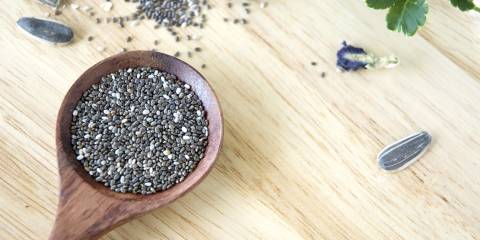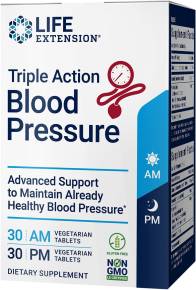Likewise, the percentage of adults over 50 who are up-to-date with their recommended colorectal screenings has greatly improved.
Unfortunately, 45 percent of adults ages 50 to 75 are still not up-to-date with their screenings. This is a tragedy, as colorectal cancer is highly curable—if it’s detected early. If every American 50 years or older got screened, at least 60 percent of deaths from this cancer could be avoided. Of cancers affecting both genders, colorectal cancer remains the second most deadly in the United States.
Turn 50, make an appointment
Colorectal cancer almost always begins as abnormal growths called polyps that develop in the colon (large intestine) or rectum and slowly turn malignant over the course of a decade. Screening tests can find those polyps before they turn cancerous.
Screening is important, as colorectal cancer doesn’t exhibit early symptoms. As the disease progresses, symptoms include blood in the stool, narrower stools, stomach aches and cramps, change in bowel habits such as constipation or diarrhea, unexplained weight loss, and fatigue.
Most people should have their first colonoscopy at 50, and then have follow-up procedures once every 10 years. Those with a family history of colon polyps, colon cancer, inflammatory bowel disease, or genetic conditions like familial adenomatous polyposis or Lynch syndrome should discuss an earlier timetable with their doctors. African Americans tend to get colon cancer earlier than 50 and may want to consider getting their first screening at 45.
Screening choices
Many people put off scheduling a colorectal screening because they’re anxious about the procedure. They fear that the exam—the insertion into the rectum of a thin, flexible, lighted tube with a small video camera on the end—will be painful.
Couric’s televised procedure showed that the screening isn’t as uncomfortable as people might imagine. Colonoscopy remains the preferred screening method because the length of the scope allows a doctor to see the entire colon, including the right side, where about 40 percent of advanced cancers are found.
The exam takes about 30 minutes (it can take longer if polyps are found and removed) and is performed while the patient is sedated.
Other testing options include an annual fecal occult blood test (FOBT) starting at age 50; a flexible sigmoidoscopy (done every five years starting at age 50) combined with FOBT done every three years; and virtual colonoscopy, in which doctors use CT scan images to construct a 3-D model of the colon, which can be examined for polyps. If polyps are found, a colonoscopy to remove them may still need to be scheduled. Many insurance plans don’t cover virtual colonoscopies.
Flexible sigmoidoscopy checks for polyps and cancer inside the rectum and the lower third of the colon. As with a colonoscopy, if a polyp is found, the doctor cuts the polyp from the colon wall with an electric current.
Take control
A trio of factors can significantly reduce your chances of developing colorectal cancer: diet, exercise, and lower body fat. Strive to eat a high-fiber, low-fat diet that includes at least five servings of fruits and veggies per day. Eating a diet high in red and processed meats increases your risk.
A recent study found that it may be useful to take a multivitamin/mineral. Rats fed a high-fat, low-fiber diet and exposed to carcinogens over a 32-week period developed precancerous lesions. Rats that underwent similar carcinogen exposure but were given daily multivitamin/mineral supplementation were 84 percent less likely to develop precancerous lesions.
Research also shows that active people are about 24 percent less likely to have colorectal cancer than sedentary people. Aim to exercise 30 minutes a day, five or more days per week.
Smokers and people who drink too much alcohol also have a greater chance of developing colorectal cancer.
But don’t let healthy habits lure you into thinking that you can skip your screenings. When Dr. Mehmet Oz went for his first colonoscopy at 50, his doctor removed a polyp, despite the fact that Dr. Oz is fit, eats well, doesn’t smoke, and has no family history of colorectal cancer or colon polyps.



